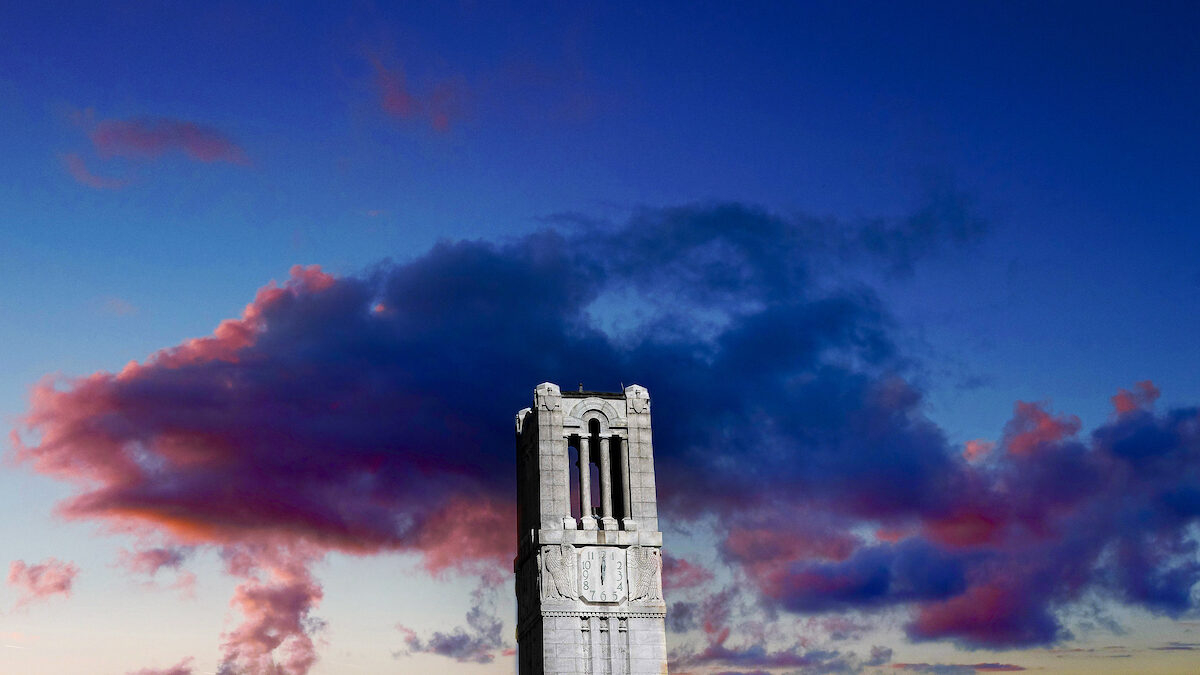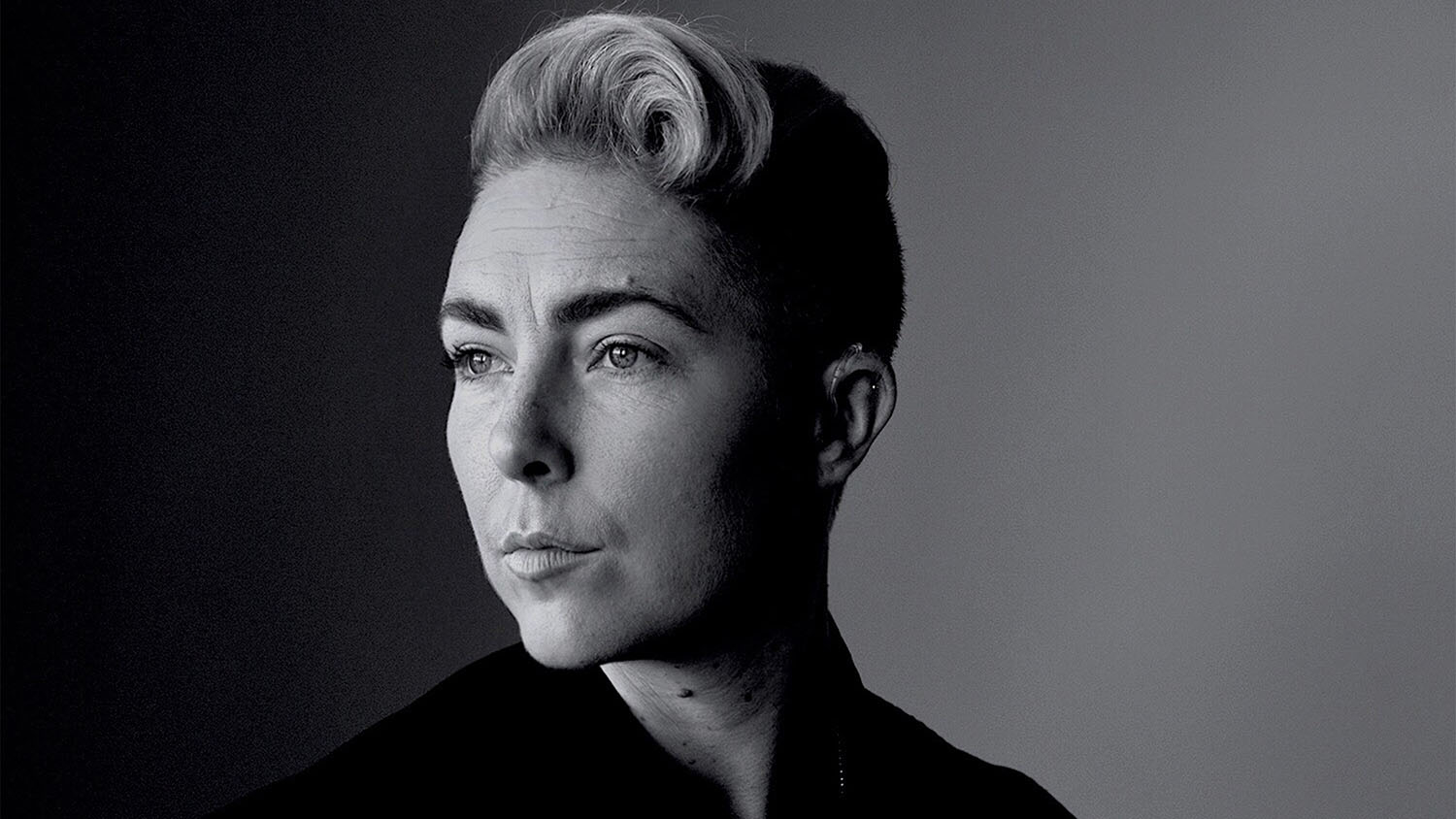Making a Difference
By now you’ve probably seen the pictures from the Deepwater Horizon oil spill — officially the worst disaster of its kind in history. Experts and alumni from NC State are in the Gulf assisting with the ongoing efforts to clean up the spill and restore the wildlife and local beaches. Four offered to share their experiences: site safety and environmental technician (and recent NC State grad) Zach Green; U.S. Coast Guard Ensign Cameron Cooper; Dr. Greg Lewbart, professor of aquatic animal medicine; and Dr. Greg Massey, a post-doctoral research associate in the Department of Clinical Sciences who’s an expert on caring for oiled wildlife.
One Shovel at a Time
Cameron Cooper, who graduated from NC State in 2009 with a degree in textile engineering and a desire to build fiberglass boats, was one of the first to volunteer for cleanup duty in the Gulf. When the job market proved uncooperative, the Park Scholar and Centennial Scholar turned to the Coast Guard, which offered him the opportunity to use his degree as a boat inspector who checks the hull integrity of working boats along the Maryland and Virginia coast.
Cooper meets with local government and BP corporate representatives to coordinate tactics on a daily basis, then spends the rest of the day on the beach with 12 enlisted men and women and about 400 local workers.
“Basically we’re out there just shoveling the oil as it comes up on the beach—the dispersant that gets sprayed into it in the water turns it into this stuff that looks like crunchy peanut butter,” Cooper says. “You just shovel it up into sacks and haul it away for disposal. It ends up being several thousand pounds a day.”
The biggest challenge? The fact that just about every day brings more oil onto the beach.
“The fact that the oil keeps coming is challenging, but if we weren’t here it would be so much worse,” Cooper says. “You can actually see that your efforts are making a difference, and that’s the good thing.”
Mayo on the Sea Turtles
Dr. Greg Lewbart spent a week in New Orleans as part of a three-man team from the College of Veterinary Medicine — including Dr. Craig Harms and research technician Shane Christian — who were stationed at the Audubon Nature Institute’s Animal Center working with rescued sea turtles.
The center had 90 to 100 rescued turtles, most of which were Kemp’s ridley turtles, the most endangered species.
Working 16-hour days, Lewbart assessed and cleaned the animals that were brought in, taking blood for health assessment, administering fluids and antibiotics, and giving them a good wipedown—with mayonnaise.
“Mayonnaise works really well to clean the turtles because it bonds with the oil,” Lewbart says. “We use a mayonnaise and cod liver oil mixture to swab out the mouth and throat, and put a syringe full of it into their stomachs to prevent the oil from being absorbed.”
Although the long-term prognosis for the turtles is unclear, Lewbart is encouraged by what he’s seen so far.
“I’ve got a lot of turtle experience, and the bloodwork, attitude and appetite of these animals look pretty good. I’m hopeful that the turtles who get through the first several days will be OK in the long run.”
Dawn of the Pelican
Dr. Greg Massey has spent the longest time in the Gulf. He got a leave of absence to join the spill response and has been in Gulfport, Miss., Theodore, Ala., and Pensacola, Fla., since May 7, helping to set up rehabilitation centers and working primarily with birds affected by the spill, like pelicans, gulls, gannets and terns.
For oiled birds, Dawn means dishwashing liquid instead of the start of another day. Cleaning up seabirds is a time-consuming task. The initial stabilization process, including taking samples, giving the bird physical examinations and stabilizing its temperature, and administering food and fluids, can take two to four days.
“The challenge is that you really have a narrow window of opportunity, before captivity begins adversely affecting the birds,” Massey says. “They can get fungal infections and pressure sores from being on their feet and out of the water so long.”
“There’s more to it than just washing them in Dawn — the water has to be soft water, because hard water makes the feathers much more challenging to waterproof, and a bird without waterproof feathers can’t survive. The actual cleaning can take an hour or more, and then you have to move them into a pen and get them to preen their feathers. The preening process repairs the feathers’ structure and that’s what actually makes them waterproof.”
When the bird’s feathers are capable of staying waterproof for 72 hours and the bird is feeding normally, it’s ready for release. All told, the rehabilitation to release period can last from 10 days to two weeks.
“We’ve processed about 60 birds so far in Mississippi and close to a thousand between all four rehab centers,” Massey says. “We’re hoping for the best.”
Keeping Workers Safe
Zach Green (’10), a graduate of NC State’s environmental technology (ET) program, has been working 14 hour days, seven days a week on the Gulf Coast oil cleanup since starting his new job just six weeks ago. Although the ink is barely dry on his diploma, Zach was highly qualified when hired to work as a site safety and environmental technician for CTEH (the Center for Toxicology and Environmental Health).
“Basically, I oversee the safety of over 4000 workers in the Florida Panhandle in regards to OSHA safety and environmental hazards,” Green said. “That includes monitoring air quality and testing for volatile organic compounds (VOC’s) in the area.”
Throughout the Gulf Coast, workers are organized into strike teams ready to go out and immediately clean the area whenever tarballs, tarmats and sludge are seen. By some reports, the Gulf of Mexico is a “toxic soup” of oil, methane, benzene, hydrogen sulfide, other toxic gases and very poisonous chemical dispersants, so the cleanup has to be done properly to reduce the risk to the workers.
But the unique blend of chemicals is not the only safety threat to workers.
“One of our big challenges is keeping workers hydrated because heat stress can be a big problem working long hours in these temperatures,” Green said. “Safety of all workers is the top priority in the Gulf and they are doing a great job.”


